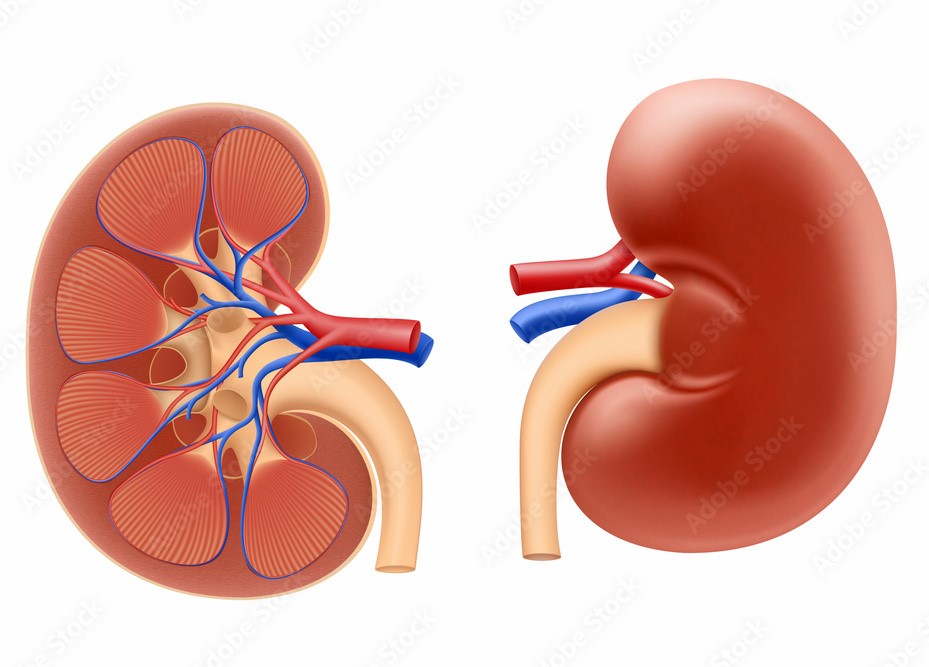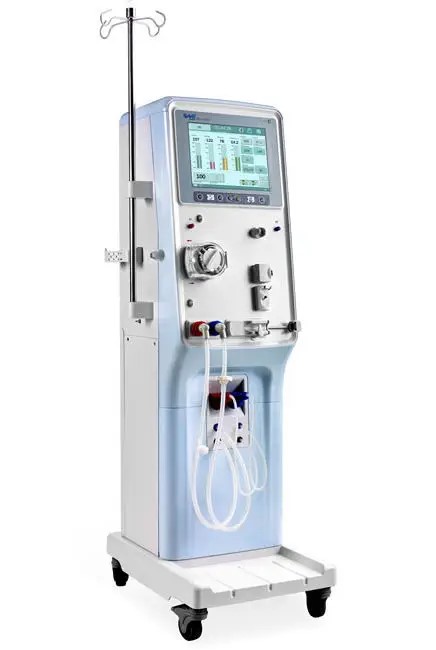KNOW MORE ABOUT YOUR KIDNEY
KNOW MORE ABOUT YOUR KIDNEY.
The Government of the Republic of Zambia through the Ministry of Health in Zambia has increased the number of Dialysis units from one unit at the University Teaching Hospital in 2009 to more than 15 units in public hospitals across the 10 provinces as of 2023. These units have been supported with Equipment and consumables in order for them to fully function. These units have been providing quality healthcare services in a safe, efficient and professional manner. These units offer support to patients requiring assistance when their kidneys fail.
Kidneys are a vital organ of the human body.
FUNCTIONS OF THE KIDNEYS
- Kidneys get rid of toxic substances from the body
- Kidneys have a role in the produce a substance (a hormone called erythropoietin) that plays a big role in the production of red blood cells which are critical in carrying oxygen in our bodies
- They regulate fluid balance in the body
- They also play a role in the control Blood pressure
Injury to the kidney by any chance may lead to accumulation of body toxins and fluid, increased blood pressure, heart failure and patient may have anemia (Low hemoglobin due to reduction in red blood cell production). When the kidney therefore fails in its functions dialysis is prescribed as treatment. There are two types of dialysis usually prescribed to patients whose kidneys have lost most of their function. These are hemodialysis and peritoneal dialysis.
SIGNS AND SYMPTOMS OF ACUTE KIDNEY FAILURE MAY INCLUDE:-
- Decreased urine output, although occasionally urine output remains normal
- Fluid retention, causing swelling in your legs, ankles or feet
- Shortness of breath
- Fatigue
- Confusion
- Nausea
- Body Weakness
- Irregular heartbeat
- Seizures or coma in severe cases
- If chronic, patient may have anaemia and may also experience bone pain and their bones can fracture easily
HOW TO TAKE CARE OF THE KIDNEY
- Keep active and fit.
- If diabetic, ensure that your blood sugar is well managed.
- Monitor blood pressure and if hypertensive, ensure your blood pressure is well controlled.
- Monitor your weight and eat healthy.
- Ensure you hydrate adequately.
- Lifestyle adjustments are necessary and these will include adjusting social activities such as smoking and alcohol intake.
- Reduce self-medication as some drugs which people commonly take can injure the kidneys.
Have your kidney function tests done at least once a year as you do your annual medical checkup.

- Log in to post comments


